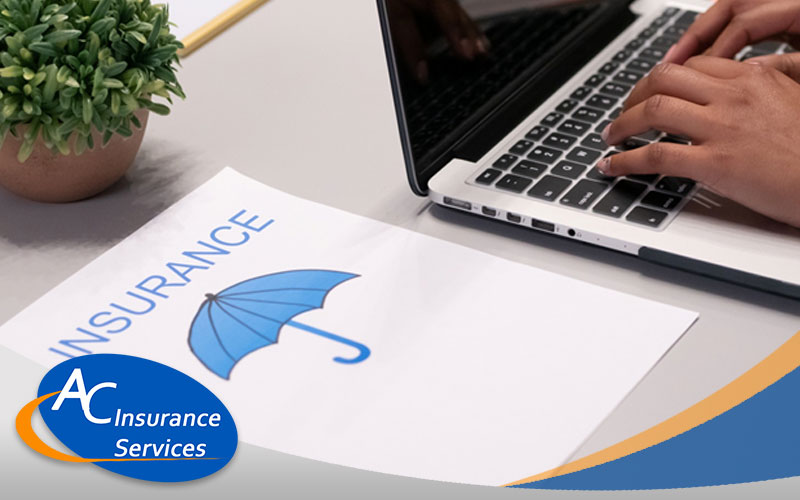Investing in a home you own might be one of your…

5 Myths of Home Insurance
Myths surround home insurance yet buying a home is one of the biggest investments you’ll make. Therefore, you’ll need to protect your interest together with your valuables with home insurance. This means you’ll need homeowners insurance, which is one of the least understood insurance types.
Numerous homeowners think that their policies offer coverage for virtually any damage sustained to the property or contents. The truth is that these policies comprise numerous restrictions and exclusions that could leave a coverage gap. Here’s a list of myths you should beware of when buying coverage.
1. Home Insurance Isn’t Significant
While home insurance isn’t legally compulsory, your mortgage lender might need you to purchase an insurance policy for the home loan. Those who aren’t familiar with the long-term benefits of home insurance might view it as just another concealed cost at the expense of homeownership.
However, you should buy home insurance for various reasons. The same way you would insure your vehicle or life, a home policy protects your monetary interest in case anything goes wrong. After all, damage or accidents can occur to anybody.
Burglaries are common in certain parts of the country, so obtaining an insurance policy for your property and the contents give you peace of mind and could save you economically in the long term.
2. Home Insurance Covers Your Business
If you own home-based business, you’ll want to look outside the typical homeowner’s policy. You’ll find that most home policies bar business liabilities. You’re better off buying a business insurance policy that includes liability and property coverage, for instance, a business owners policy or BOP.
Typically, a BOP targets small and medium-sized businesses. Together with liability and property coverage, they comprise insurance for business interruption, which covers the money you would lose in the event that your property suffers damage, forcing you to close the business.
3. Your Insurer will compensate you for whatever you inform them you owned at the time of loss
Insurance firms will need some type of record of the things you owned. It will be very difficult to do it from your memory. You’ll need to maintain a list of the valuables in your home, including the receipts, photos, serial numbers, and date of purchase.
You’ll need to show proof of ownership, particularly for costly items that need reimbursement. You should store the inventory list away from your home in case of destruction. Your agent will gladly store the copy for you.
4. Your Insurer will put you up in a hotel while repairs are taking place
You must establish whether your policy comprises a provision for loss of use. If it doesn’t, you should be prepared to cover the costs for the meals, hotel, and other out-of-pocket costs. If you’re forced out of your home because of a fire or floods, the repairs could take some time.
Some insurers might limit the duration or impose a maximum per diem. It’s important you consider such details and disregard such myths when purchasing coverage.
5. Home insurance isn’t for condominiums, apartments, or rental properties
For apartments, condominiums, and flats, it’s obligatory for the building’s management corporation to ensure the entire building has coverage against fire. As the unit’s owner, you only need to cover your segment of the premium to the corporation.
However, the degree of fire policy is restricted to fire-related damage. Some properties might subscribe to a policy that covers other kinds of damage. However, you should confirm with the management corporation to be certain.
Beware that your unit’s contents won’t have coverage, so you’ll want to consider additional insurance. If you’re in a rental, you might not think about home insurance because the property belongs to the landlord. However, you must keep in mind that you could lose the items in the home due to various causes. You can purchase a content-focused policy that will only cover the contents of your rental.
Final Thoughts
You must take the time to read your homeowner’s policy to avoid making the wrong assumptions about coverage. You can start by recognizing these myths surrounding home insurance policy.




